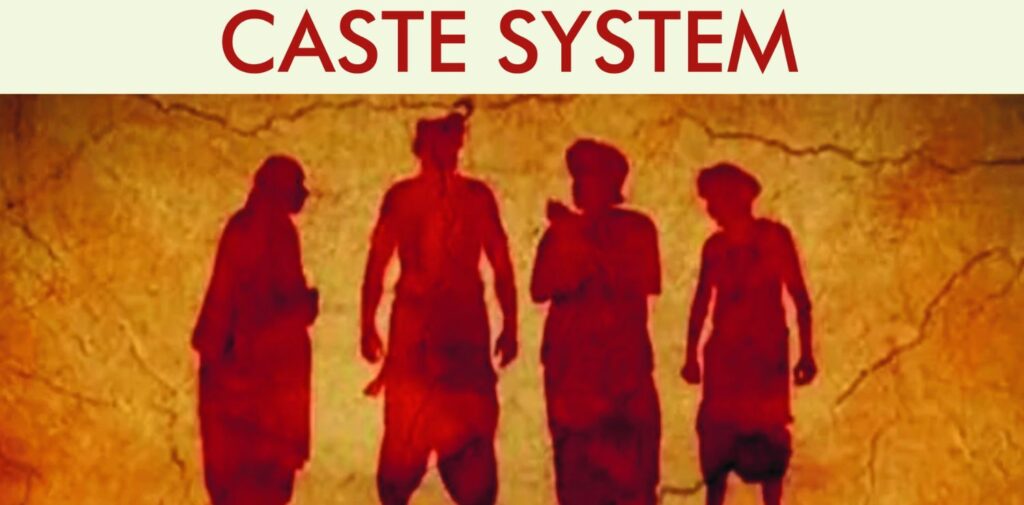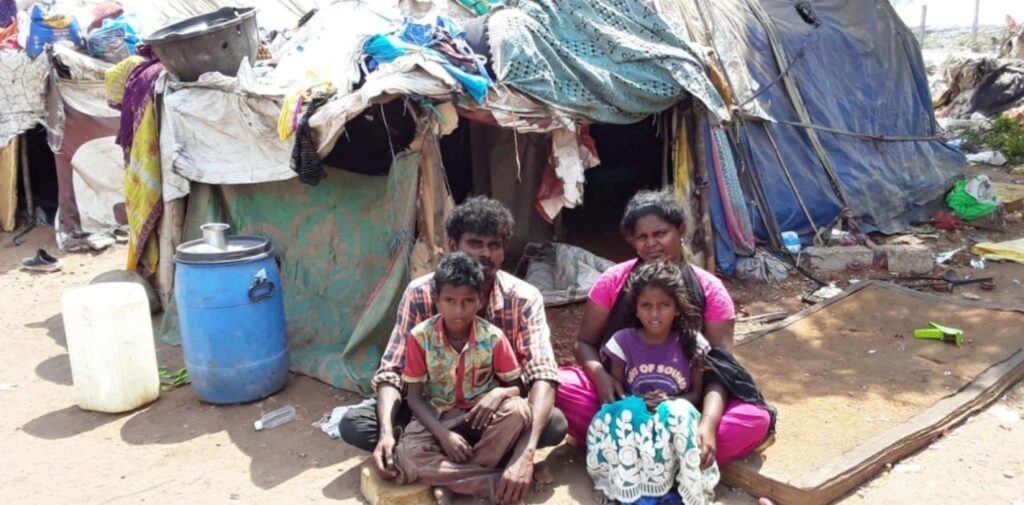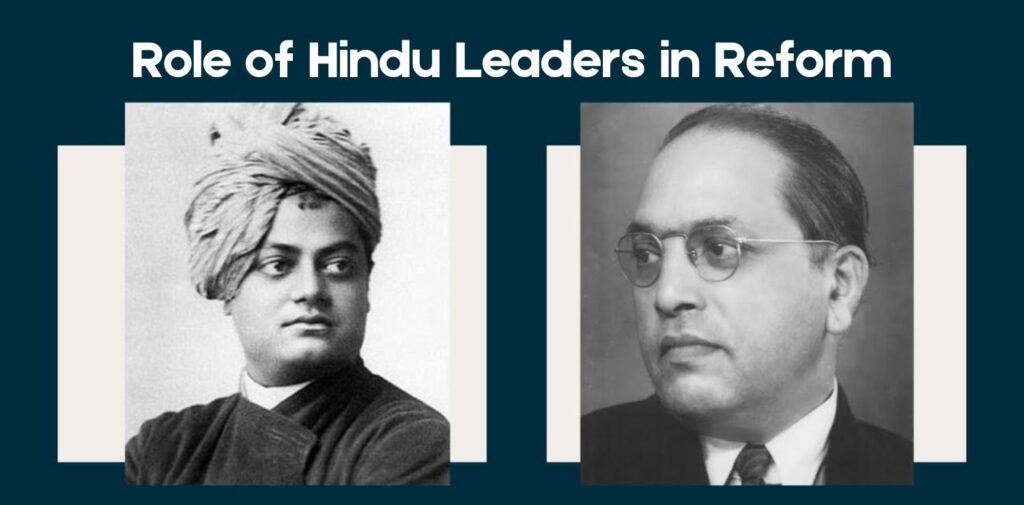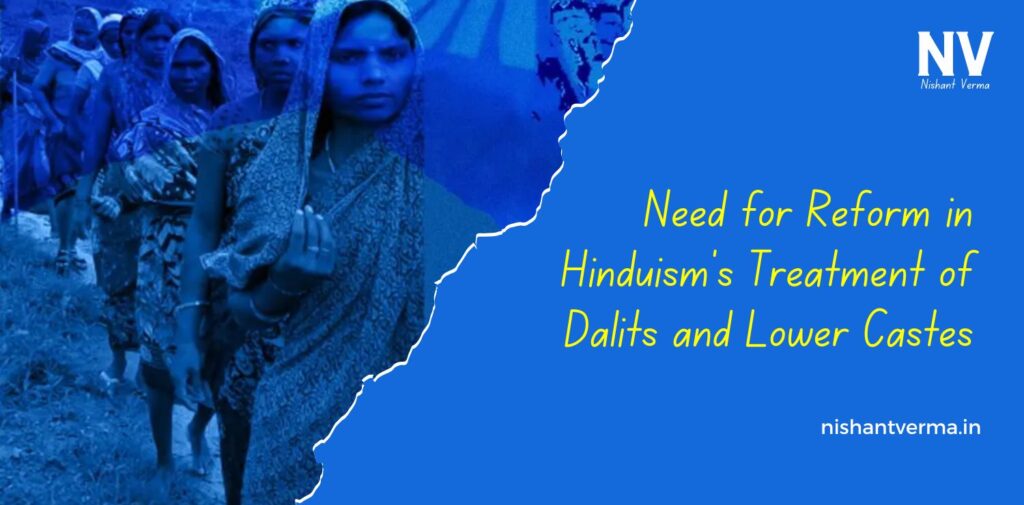Hinduism, one of the world’s oldest and most diverse religions, has a long history of teachings, practices, and rituals. But within its social system, there has been a major issue that still affects millions of people today—the treatment of Dalits and lower castes. These individuals have faced discrimination, exclusion, and violence for centuries due to the rigid caste system.
Despite significant social, legal, and political changes in India over the years, the caste system’s deep-rooted prejudices continue to impact the lives of many people, especially those from Dalit and lower caste communities. In this article, we will explore why there is a strong need for reform in Hinduism’s treatment of Dalits and lower castes, and how such a reform can lead to a more just and inclusive society.
Understanding the Caste System
Before discussing the need for reform, it’s important to understand what the caste system is. The caste system in Hinduism divides society into four main categories:
- Brahmins: Priests, scholars, and teachers.
- Kshatriyas: Warriors and rulers.
- Vaishyas: Merchants, farmers, and traders.
- Shudras: Laborers and service providers.
In addition to these four categories, some people fall outside of this social hierarchy. These individuals are known as Dalits (formerly called “untouchables”), and they have historically been marginalized and subjected to severe discrimination. Dalits were often assigned tasks considered “unclean,” like cleaning latrines or dealing with animal carcasses. Over time, this led to the idea that Dalits were “impure” and thus inferior to the other castes.
Although the Indian Constitution, passed in 1950, abolished untouchability and made discrimination illegal, the social mindset and practices tied to caste still linger in many parts of India. This ongoing discrimination calls for urgent reforms in both society and religion.

The Problems Faced by Dalits and Lower Castes
Dalits and people from lower castes face numerous challenges, many of which stem from their caste identity. These problems include:
- Social Discrimination: Dalits are often excluded from social events, temples, and even certain public places. This discrimination is not only a cultural issue but also affects their daily lives, as they are segregated in many areas.
- Economic Disparities: Dalits often live in poverty due to limited access to education, employment, and land. They are frequently stuck in menial, low-paying jobs and face barriers to upward mobility.
- Violence and Abuse: Dalits are frequently victims of violence, including physical assault, sexual violence, and even murder. This violence often goes unpunished due to the caste-based prejudices of the police and the judicial system.
- Lack of Access to Education: Although there are government programs aimed at helping Dalit communities, education for Dalits remains limited in many rural areas. Discrimination in schools, especially in the form of bullying or exclusion, prevents many from completing their education.
- Religious Exclusion: Dalits often find themselves excluded from temples, religious ceremonies, and other religious practices. This exclusion creates a deep sense of alienation and makes them feel unwelcome in the very institutions that should be promoting peace, compassion, and equality.

The Role of Religion in Caste Discrimination
Hinduism has often been linked to the caste system, with religious texts and practices reinforcing caste divisions. Some interpretations of Hindu scriptures, such as the Manusmriti, a text from ancient India, justify the caste system and the unequal treatment of Dalits. According to certain readings, the caste system was created by divine will, and each caste has its predetermined duties and roles.
However, not all of Hinduism’s teachings support caste-based discrimination. There are many other scriptures and traditions in Hinduism that emphasize equality, compassion, and justice. The teachings of figures like Bhagwan Buddha, Guru Nanak, and Dr. B.R. Ambedkar have challenged the caste system and called for a more inclusive society.
Despite these challenges, Hinduism itself is not inherently discriminatory. It is the social interpretation and misapplication of religious teachings that has contributed to the oppression of Dalits and lower castes. This is why there is a clear need for reform within the religion to align its practices with its deeper ethical principles of equality and compassion.
The Need for Reform
Given the ongoing discrimination, violence, and exclusion faced by Dalits and lower castes, there is a pressing need for reform in how Hinduism is practised and understood. Here are some of the key reasons why reform is necessary:
- Return to the Spirit of Equality in Hinduism: Hinduism, at its core, teaches the oneness of all living beings and emphasizes the idea that all people are equal in the eyes of God. The Bhagavad Gita, one of the most important Hindu texts, speaks of the unity of all souls, regardless of their social or caste background. Reform in Hinduism would mean returning to these principles and promoting a message of equality for all, regardless of caste or social status.
- Educating and Raising Awareness: Many of the problems faced by Dalits and lower castes stem from ignorance and prejudice. There needs to be a focused effort to educate both Hindus and non-Hindus about the harmful effects of caste-based discrimination. Religious leaders, educators, and activists can play an important role in spreading awareness and challenging harmful stereotypes.
- Reinterpreting Sacred Texts: Religious leaders and scholars need to engage in a reinterpretation of Hindu scriptures. Many religious texts have been misused to justify caste discrimination. A new interpretation that emphasizes the dignity and equality of all individuals, regardless of caste, is crucial for reform. By focusing on the ethical teachings of Hinduism, such as kindness, justice, and compassion, it is possible to shift the narrative towards inclusion and respect.
- Promoting Social Integration and Equality: Hindu temples, religious events, and social gatherings should be open and welcoming to all people, regardless of their caste. Social practices like segregating communities or denying Dalits access to religious rituals must be abolished. Reform in religious institutions is necessary to foster an environment of unity and social harmony.
- Supporting Legal and Political Reforms: While India has made significant strides in the legal and political realm, where caste-based discrimination is illegal, more work needs to be done to ensure these laws are enforced effectively. Religious communities must work alongside the government to ensure that Dalits have equal opportunities in education, employment, and social participation.

The Role of Hindu Leaders in Reform
Leaders within the Hindu community have a significant role to play in advocating for social change. Figures like Dr B.R. Ambedkar, and Swami Vivekananda have already shown that it is possible to be both a practicing Hindu and an advocate for social justice. These leaders fought for the rights of Dalits and lower castes, and their teachings continue to inspire people to challenge the status quo.
Today, Hindu religious leaders and organizations must continue this work by addressing the caste system directly and calling for an end to discrimination. Leaders who have the moral authority to shape public opinion can lead the way in making Hinduism a more inclusive religion.
Conclusion
Hinduism has the potential to be a religion of equality, peace, and justice. However, the caste system’s harmful legacy continues to hurt millions of people, particularly Dalits and those from lower castes. Reform is necessary—not only within society but also within the religious practices and interpretations of Hinduism. By returning to the true teachings of equality and compassion, Hinduism can once again become a source of unity rather than division.
The time has come for Hindus to embrace a vision of a society where all people are treated with dignity, respect, and love, regardless of their caste or background. Reform in Hinduism’s treatment of Dalits and lower castes is not just a matter of social justice, but of staying true to the values that the religion was originally built upon.




